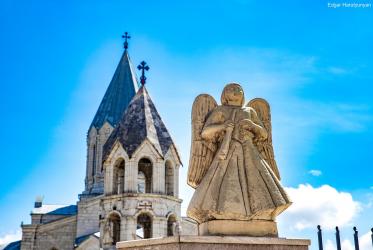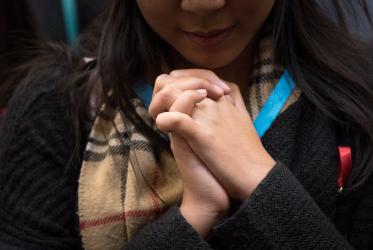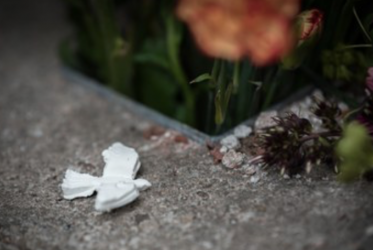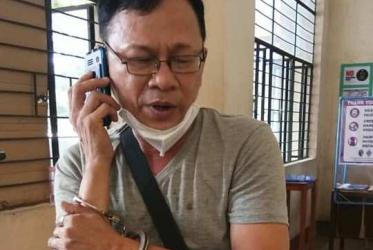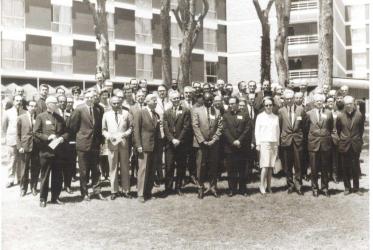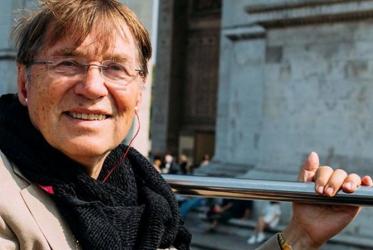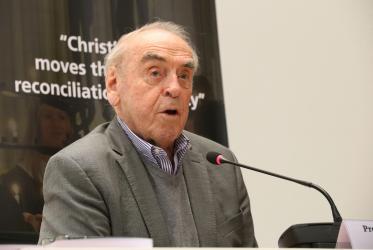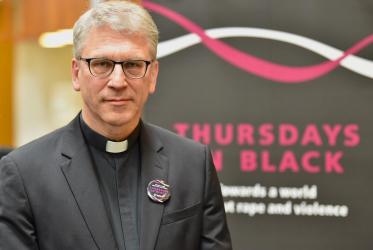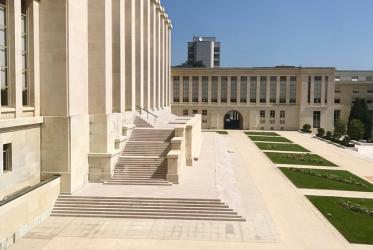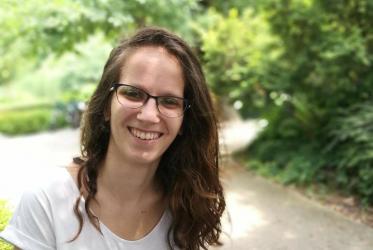Displaying 61 - 80 of 177
WCC condemns recent extremist attacks around the world
03 November 2020
Churches should use their voice on climate change
26 February 2020
Retired Norway bishop risks jail over principles
05 December 2019
Moltmann reflects on spirit of truth in a post-truth era
02 December 2019
Markus Imhoof film receives human rights award
10 October 2019
WCC offers statement on racism before UN Human Rights Council
24 September 2019
WCC organises event on “The Human Rights Situation in the Philippines”
18 September 2019
Iraqi refugee shares story of hope through harrowing ordeal
15 August 2019
